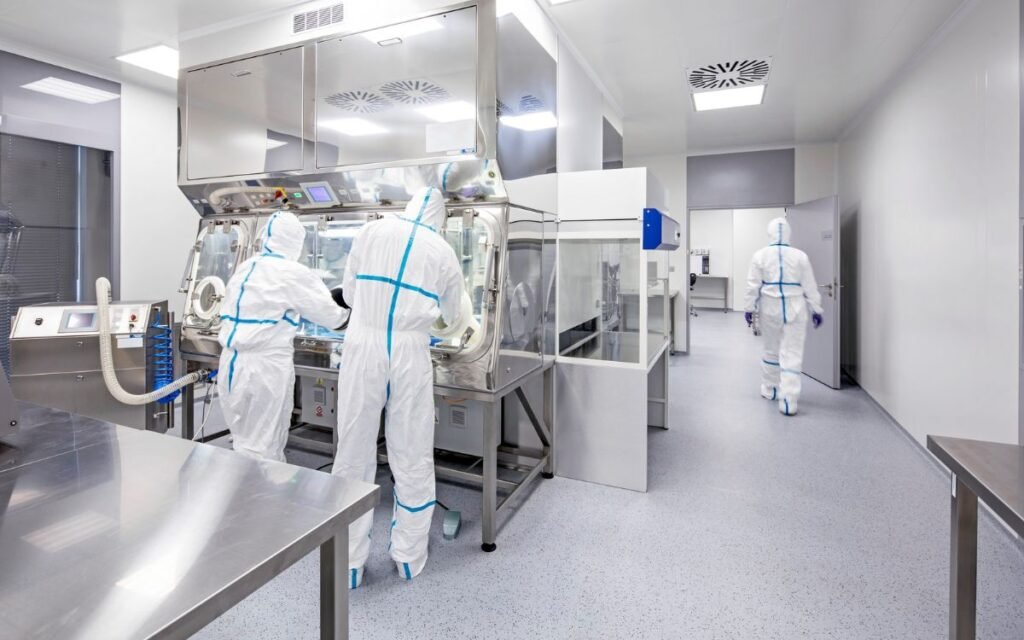The FDA recently issued manufacturing alerts, targeting high-flying companies Samsung Biologics and Nectar Lifesciences. For Samsung Biologics, a notable player in biopharmaceutical contract manufacturing, this regulatory reprimand is a rare stain on its otherwise stellar production track record.
Following inspections of Samsung’s Incheon, South Korea manufacturing site in August and September, the FDA raised concerns about data integrity, production control issues, shortcomings in machine validation, facility maintenance lapses, and subpar quality control. The FDA’s six-observation Form 483 report cited the inadequacy of controls over data integrity within Samsung’s Manufacturing Scientific Analytical Technology (MSAT) laboratory, which supports application submission testing data. While Samsung conducted internal assessments of data integrity for each drug application, the FDA expressed uncertainty about the true reliability of all test data, highlighting the absence of a third-party independent assessment.
Also Read: FDA Issues Warning Letter To AstraZeneca Regarding ‘Misleading’ Breztri Efficacy Claims
Although it remains unclear how the issues with the MSAT lab may affect commercially marketed products, the FDA’s report signifies a need for rectification. The FDA also flagged deficiencies in Samsung’s establishment and adherence to written control procedures for manufacturing. Additionally, the quality unit at Samsung failed to ensure equipment was maintained and used in validated states. Maintenance concerns extended to facility upkeep, including a dislodged ceiling port, broken doors, and a missing seal on a loading ramp dock, posing potential entry points for pests.
On the other hand, Nectar Lifesciences, based in Himachal Pradesh, India, received a two-observation Form 483 from the FDA after an inspection conducted between March 2 and March 10. Nectar faced FDA censure for not establishing written procedures to prevent microbiological contamination of sterile drugs and for a deficient system for monitoring environmental conditions in aseptic processing areas.
Also Read: FDA Issues A Warning Notice To Centaur Pharmaceuticals Detailing Quality And Sanitation Violations
Notably, the FDA had identified similar issues at Nectar’s plant in 2014, indicating inadequate executive management oversight and control over drug manufacturing. To address these issues, the FDA recommended that Nectar engage a good manufacturing practices consultant if it wishes to continue producing drugs intended for the US market.
“Samsung Biologics takes all FDA observations seriously, and we have developed a comprehensive plan to address the observations as quickly as possible and will continue to communicate with the FDA and our clients on our remediation efforts. There’s no impact on the quality of our products or the safety of patients. We take compliance very seriously and will do everything we can to address any concerns as quickly as possible.”
– Samsung’s statement
While Forms 483 are not uncommon in drug manufacturing, Samsung Biologics’ citation is a notable anomaly for a company that has been rapidly expanding its facilities and securing deals with major pharmaceutical companies such as Pfizer and Bristol Myers Squibb. Samsung is investing 1.9 trillion South Korean won (approximately $1.46 billion) in the construction of its latest facility, known as Plant 5, which will expand its production capacity in Incheon by 180,000 liters.





























